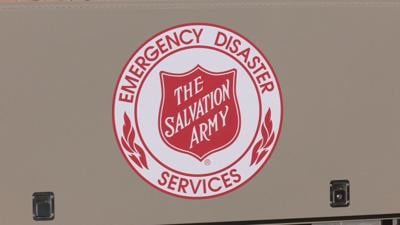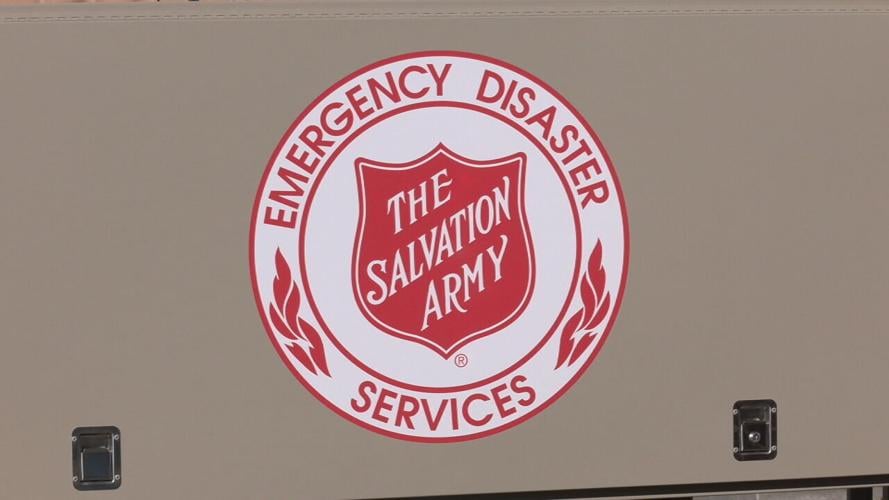LOUISVILLE, Ky. (WDRB) -- The Salvation Army of Louisville has launched an emergency food campaign amid a surge in requests for food assistance.
Requests have increased three to five times the usual amount in recent weeks, officials said, with many people seeking assistance for the first time.
"With grocery and utility prices continuing to strain family budgets, we're seeing many of our neighbors turning to us for the first time," Maj. Mark Hunter, area commander of the Salvation Army of Louisville, said in a news release Monday. "Our faith calls us to feed the hungry and serve those in need, and we're confident our community will come together once again to make that possible."
Officials said 13.5% of households in the U.S. experienced food insecurity in 2023, according to the U.S. Department of Agriculture (USDA), and 17.9% of households with children were food insecure.
Those wishing to make a financial donation can donate online by clicking here. Checks can also be mailed to: The Salvation Army of Louisville, 911 S. Brook St., Louisville, Ky. 40203.
Leaders said $50 feeds three to five families for a week; $100 feeds six to 10 families; $500 feeds 30-50 families; $1,000 "sustains food services for several weeks" and $5,000 would fund the food assistance program for a while month.
The Salvation Army also accepts non-perishable food donations at its South Brook Street location.
This comes amid the federal government shutdown. According to a notice posted on the USDA's website, there will be no federal food aid starting next month if the shutdown continues.
The notice warns federal funding for food assistance programs like the Supplemental Nutrition Assistance Program (SNAP) will not be given out Nov. 1, or any day after, if the government shutdown is still in effect.
President Donald Trump's administration said it will not tap into about $5 billion in contingency funds to keep those programs going during the shutdown. The White House also said states will not be reimbursed for picking up costs.
The SNAP program helps about 1 in 8 Americans buy groceries.
The shutdown, which began Oct. 1, is now the second-longest on record. While the Republican administration took steps leading up to the shutdown to ensure SNAP benefits were paid this month, the cutoff would expand the impact of the impasse to a wider swath of Americans — and some of those most in need — unless a political resolution is found in just a few days.
The administration blames Democrats, who say they will not agree to reopen the government until Republicans negotiate with them on extending expiring subsidies under the Affordable Care Act. Republicans say Democrats must first agree to reopen the government before negotiation.
Democratic lawmakers have written to Agriculture Secretary Brooke Rollins requesting to use contingency funds to cover the bulk of next month's benefits.
But a USDA memo that surfaced Friday says “contingency funds are not legally available to cover regular benefits.” The document says the money is reserved for such things such as helping people in disaster areas.
It cited a storm named Melissa, which has strengthened into a major hurricane, as an example of why it’s important to have the money available to mobilize quickly in the event of a disaster.
The prospect of families not receiving food aid has deeply concerned states run by both parties.
Top Stories:
Beyond the Bullets | Louisville family confronts the cycle of youth violence
Louisville police say officer shot and killed armed man in the Newburg neighborhood
Man dies after shooting outside Louisville club, police say
Indiana Gov. Mike Braun calls a special session to redraw congressional maps
Copyright 2025 WDRB Media. All Rights Reserved. The Associated Press also contributed to this report.














